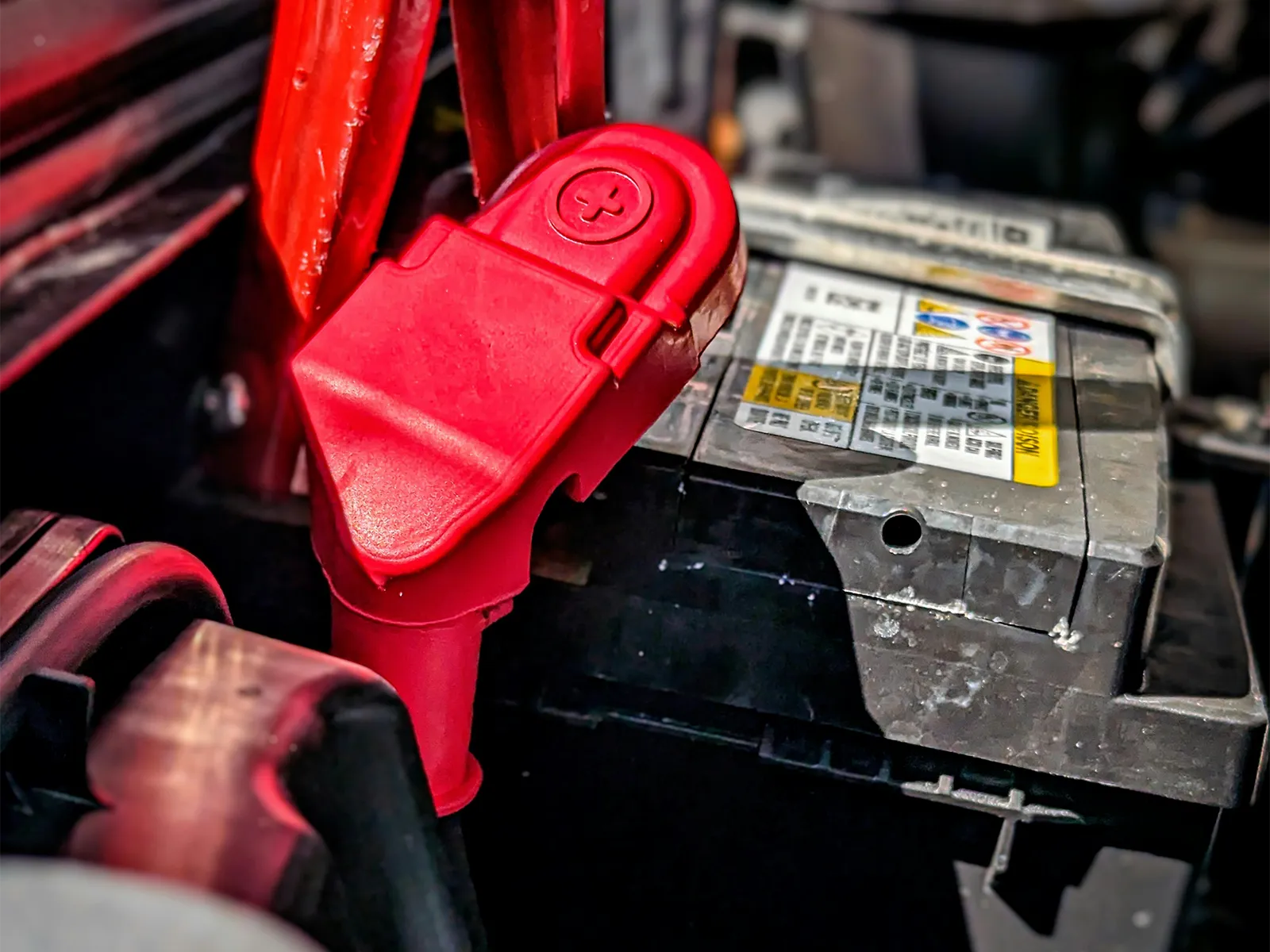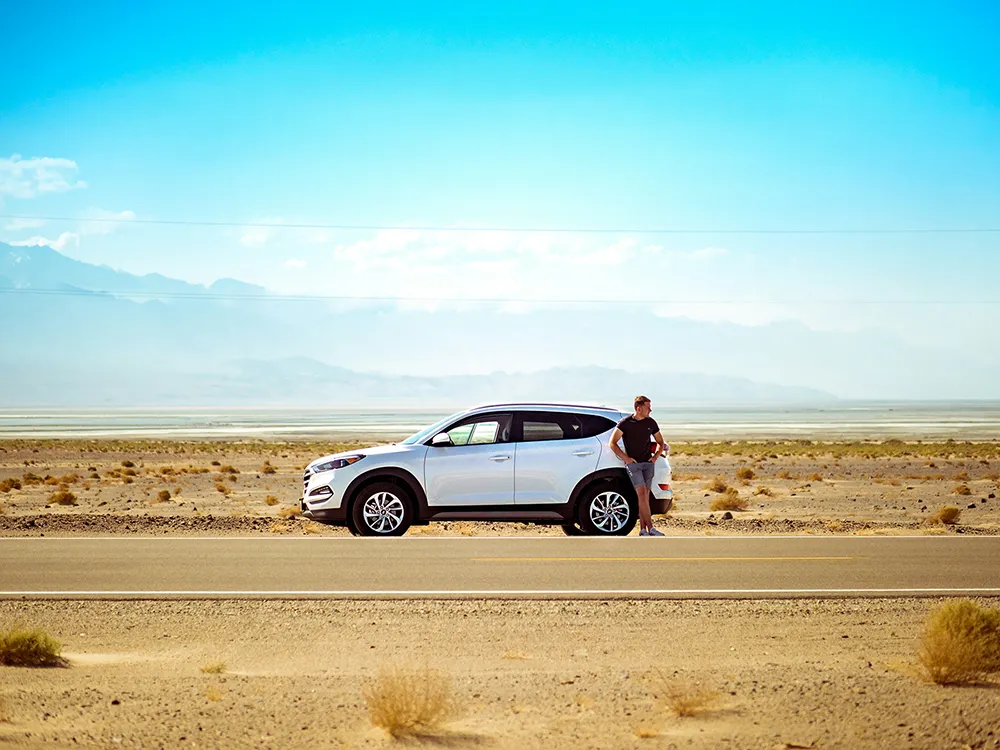
How to Prepare Your Car for a Long Road Trip
Embarking on a long road trip is an exciting adventure, whether you're exploring new places or visiting family and friends. However, the last thing you want is to face car trouble in the middle of nowhere. To ensure your journey is smooth and enjoyable, it's essential to prepare your vehicle properly before hitting the road. Here’s a comprehensive guide on how to get your car ready for a long road trip.
1. Check and Top Off Fluids
One of the most critical aspects of car maintenance is ensuring all fluids are at the appropriate levels. Before your trip, check the following:
- Engine Oil: Make sure your engine oil is at the correct level and doesn't look dirty. If it's been a while since your last oil change, consider doing it before your trip.
- Coolant: Your car’s cooling system is crucial, especially if you're driving through areas with extreme temperatures. Ensure the coolant level is sufficient and check for any leaks.
- Brake Fluid: Proper brake function is non-negotiable for safety. Top off the brake fluid and consider a brake inspection if you're due for one.
- Transmission Fluid: If your car is automatic, check the transmission fluid level. Low or dirty fluid can cause shifting problems.
- Windshield Washer Fluid: Don't forget the washer fluid! You'll likely encounter bugs, dirt, and other debris on the road.
2. Inspect Your Tires
Your tires are your car's only contact with the road, so their condition is paramount:
- Tire Pressure: Properly inflated tires improve fuel efficiency and reduce the risk of blowouts. Check your tire pressure against the manufacturer's recommendations.
- Tread Depth: Ensure your tires have sufficient tread for good traction. The penny test is an easy way to check: insert a penny into the tread with Lincoln’s head facing down. If you can see the top of Lincoln’s head, it's time for new tires.
- Spare Tire: Don’t forget to inspect your spare tire. Make sure it’s properly inflated and in good condition.
3. Test Your Battery
A weak or old battery can leave you stranded, so it's important to test it before your trip:
- Battery Age: If your battery is more than three years old, have it tested to ensure it can hold a charge.
- Corrosion: Check for corrosion on the battery terminals and clean them if necessary. Corrosion can prevent your car from starting.

4. Inspect Your Brakes
Brakes are vital for your safety, especially on long trips where you might encounter varied driving conditions:
- Brake Pads: Listen for squeaking or grinding noises when you brake, which can indicate worn brake pads. If you're unsure, have a professional inspect them.
- Brake Fluid: As mentioned earlier, ensure your brake fluid is topped off and not contaminated.
5. Check the Lights
All lights on your vehicle should be in working order, including:
- Headlights: Ensure your headlights are bright enough for nighttime driving.
- Brake Lights and Turn Signals: Functioning brake lights and turn signals are crucial for communicating with other drivers.
- Fog Lights: If you expect foggy conditions, make sure your fog lights are operational.
6. Pack an Emergency Kit
Even with the best preparation, emergencies can happen. Prepare an emergency kit with the following items:
- First Aid Kit: Bandages, antiseptic wipes, and pain relievers are essential.
- Jumper Cables: In case your battery dies.
- Flashlight: A reliable flashlight with extra batteries.
- Blankets: In case you’re stranded in cold weather.
- Water and Snacks: Non-perishable food and bottled water.
- Basic Tools: A toolkit with essential tools like a screwdriver, pliers, and duct tape.
- Tire Repair Kit: Includes a tire jack, wrench, and a tire inflator or sealant.
7. Plan Your Route and Stops
Before you leave, plan your route and identify potential stops for fuel, food, and rest:
- Navigation: Use a reliable GPS or a map app on your smartphone to plan your route. Consider downloading offline maps in case you lose cell service.
- Rest Stops: Schedule regular breaks to stretch, eat, and rest. Driving while tired can be dangerous.
8. Inspect Your Wipers and Defrosters
Clear visibility is essential for safe driving:
- Wiper Blades: Replace worn wiper blades to ensure they can clear rain, snow, or debris from your windshield effectively.
- Defrosters: Test your front and rear defrosters to make sure they’re working properly.
9. Check Your Insurance and Registration
Make sure your car's insurance and registration are up-to-date:
- Insurance: Verify that your insurance covers any incidents that might occur on the road. Consider adding roadside assistance if you don’t already have it.
- Registration: Ensure your car registration is current, and keep a copy in your glove compartment.
10. Get a Professional Inspection
Finally, if you’re not comfortable performing these checks yourself or if your car is due for routine maintenance, consider taking it to a professional mechanic:
- Full Inspection: Ask for a full inspection to cover all the bases, from brakes to engine performance.
- Peace of Mind: A professional check-up can provide peace of mind, knowing your car is road-trip ready.
Preparing your car for a long road trip takes some effort, but it’s well worth it to avoid unexpected breakdowns or delays. By following these tips, you’ll be well on your way to a safe and enjoyable journey. Remember, the key to a successful road trip is not just the destination but the peace of mind that comes from knowing you’ve done everything to ensure a smooth ride. Safe travels!




